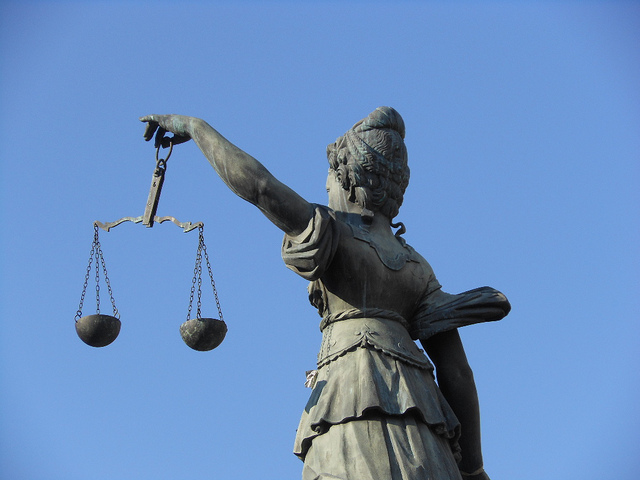Many aspiring photographers make the mistake of not fully understanding copyright law before embarking on their artistic journey. Using material that is copyrighted by the creator without permission is considered infringement, which can lead to serious legal ramifications. On the other side, failing to protect your own work can lead to it being used by outside parties without credit or reimbursement.
To avoid these situations, we’ll give you an abbreviated refresher on copyright law and what it means for the aspiring photographer.
The Basics
The most basic definition of copyright is the legal ownership of a work, whether it be a mechanical patent or creative material like a photograph. Copyright gives the owner power to give permission for their work to be used or reproduced — usually with repayment stipulations in place — while still retaining ultimate control and ownership.
Copyright and Photography
The United States Copyright Office considers the copyright of a photograph or other artistic work to lie with the original creator (or, in some cases, an employee of the creator). For example, even if a wedding photographer goes to an event to take pictures of the bride and groom, the photographer ultimately own the photographs — not the wedding party. In some cases, the subject of a photograph will ask for the copyright to any material produced to be transferred to them along with the agreed-upon deliverable (in this case, the album of wedding pictures). Since copyright is considered a property issue, it is also transferrable via inheritance or succession to the creator’s heirs.
Publication and Infringement
The most critical issue in photography copyright law is publication. Although these terms are a little blurry with regard to digital display technology now available via the Internet, the generally agreed-upon definition of “publication” is anything that puts the work on display to be viewed by a large number of people.
A photographer may submit his/her work for copyright in individual photos or through a batch to the US Copyright Office. (If submitted in a batch, all photographs included must have been taken by the same person in the same calendar year.) After the formal copyright is granted, it’s a good idea to display notice either via a watermark or note on the portfolio. If your work is the victim of “innocent” infringement, where the user was not aware that the work was protected, you may not receive the full damages or recognition should you take legal action.
If your copyrighted photographs are used without permission, you have a few options. Simply asking the venue to take it down can be an effective and zero-cost way to stop the unwanted reproduction. You may also ask for a stipulated fee for the use. If you are met with resistance, filing a DMCA (Digital Millennium Copyright Act) through the user’s Internet provider or sending a formal Cease & Desist letter are stronger options. If all else fails, a trained intellectual property attorney can take the user to court, although this entails significant time and resources for all parties involved. Do remember that any copyright law issue going to court will be heard in the Federal Court system as state and local courts have no jurisdiction in these matters.
Take Your Hobby to the Next Level
If you’re looking to turn your hobby into a profitable career, take the leap with a photography workshop run by professional landscape photographer Jim Steinberg. To learn more about our guided trips overseas or to browse our wide selection of prints, please visit our homepage.

